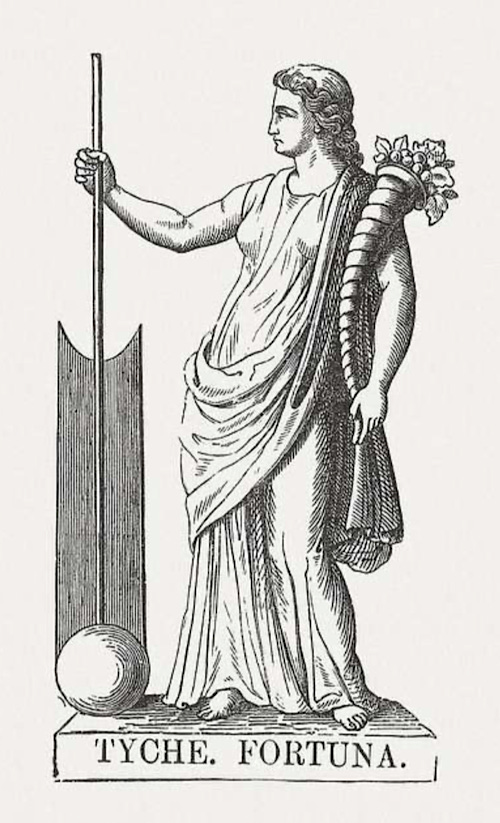[This series of posts is based on A Handbook for New Stoics—How to Thrive in a World out of Your Control, co-authored by yours truly and Greg Lopez. It is a collection of 52 exercises, which we propose reader try out one per week during a whole year, to actually live like a Stoic. In Europe/UK the book is published by Rider under the title Live Like A Stoic. Below is this week’s prompt and a brief explanation of the pertinent philosophical background. Check the book for details on how to practice the exercise, download the exercise forms from The Experiment’s website, and comment below on how things are going. Greg and/or I will try our best to help out! This week’s exercise is found at pp. 185-186 of the paperback edition.]
“It was, I imagine, following out this principle that Democritus taught that ‘he who would live at peace must not do much business either public or private,’ referring of course to unnecessary business. For if there be any necessity for it, we ought to transact not only much but endless business, both public and private; in cases, however, where no solemn duty invites us to act, we had better keep ourselves quiet, for he who does many things often puts himself in Fortune’s power, and it is safest not to tempt her often, but always to remember her existence, and never to promise oneself anything on her security. I will set sail unless anything happens to prevent me; I shall be praetor [magistrate], if nothing hinders me; my financial operations will succeed, unless anything goes wrong with them. This is why we say that nothing befalls the wise man which he did not expect. We do not make him exempt from the chances of human life, but from its mistakes, nor does everything happen to him as he wished it would, but as he thought it would. Now his first thought was that his purpose might meet with some resistance, and the pain of disappointed wishes must affect a man’s mind less severely if he has not been at all events confident of success.” (Seneca, On Tranquility of Mind, 13)
Stoic philosophy adds a sense of urgency to our lives, of spending our time and resources on things that are important, because life is finite and we don’t know when it will be over. Seneca introduces the Stoic idea that we should see to be involved with “necessary” business—that is, with things that matter—that will make this world better for everyone. He advises us to focus on what matters and minimize the number of endeavors we pursue, because Fortuna will sometimes favor us, but at other times go against us. It’s better to focus on a smaller number of pursuits and to do our best with them than to scatter our efforts in many directions, each of which will be more haphazard and subject to chance.
Keep reading with a 7-day free trial
Subscribe to The Philosophy Garden: Stoicism and Beyond to keep reading this post and get 7 days of free access to the full post archives.




